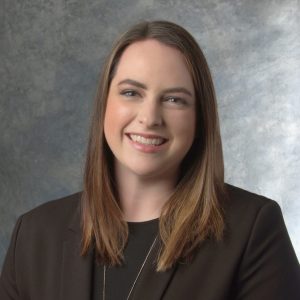The COVID-19 pandemic created a year of unforeseen circumstances and changed virtually every aspect of our daily lives. The federal response to the COVID-19 pandemic came in the form of the Coronavirus Aid, Relief, and Economic Security Act, or the CARES Act, which was signed into law on March 27, 2020. While it placed a number of restrictions on the way mortgage servicers could proceed with the collection of delinquent mortgages, thankfully community associations were not affected by the CARES Act. As most associations are non-profit corporations, it was essential to proceed with collection action through the COVID-19 pandemic.
On a state level, the Ohio Supreme Court also issued a general Order on March 27, 2020. Retroactive to March 9, 2020, (the date which Governor DeWine declared a state of emergency in the State of Ohio) pleading deadlines were suspended until July 30, 2020, which forced all litigation in Ohio to a complete standstill. The Order did, however, allow local courts to override this directive. Any order issued by a lower court after March 9, 2020, and that addressed a specific deadline superseded the Supreme Court Order. This allowed the lower courts to proceed in specific cases through July 20, 2020.
Due to the federal restrictions and court administrative orders, a majority of pending foreclosure actions were placed on hold in March 2020, and the number of new foreclosure filings initiated by mortgage servicers plummeted. However, since community associations were not subject to the federal restrictions, most claims for delinquent assessments were able to proceed in some fashion.
Community association assessments are distinctly different from privately held mortgages, as they “run with the land” and continue to accrue as a debt on the property with each owner. Further, community associations are generally corporations that continued to provide essential services throughout the pandemic.
As governmental restrictions are beginning to lift through 2022, mortgage servicers are gaining back the ability to prosecute foreclosure actions. While this may remove some of the burden upon community associations to initiate their own cases, foreclosure continues to be the strongest, most aggressive tool an association has to purse the collection of delinquent assessments.


